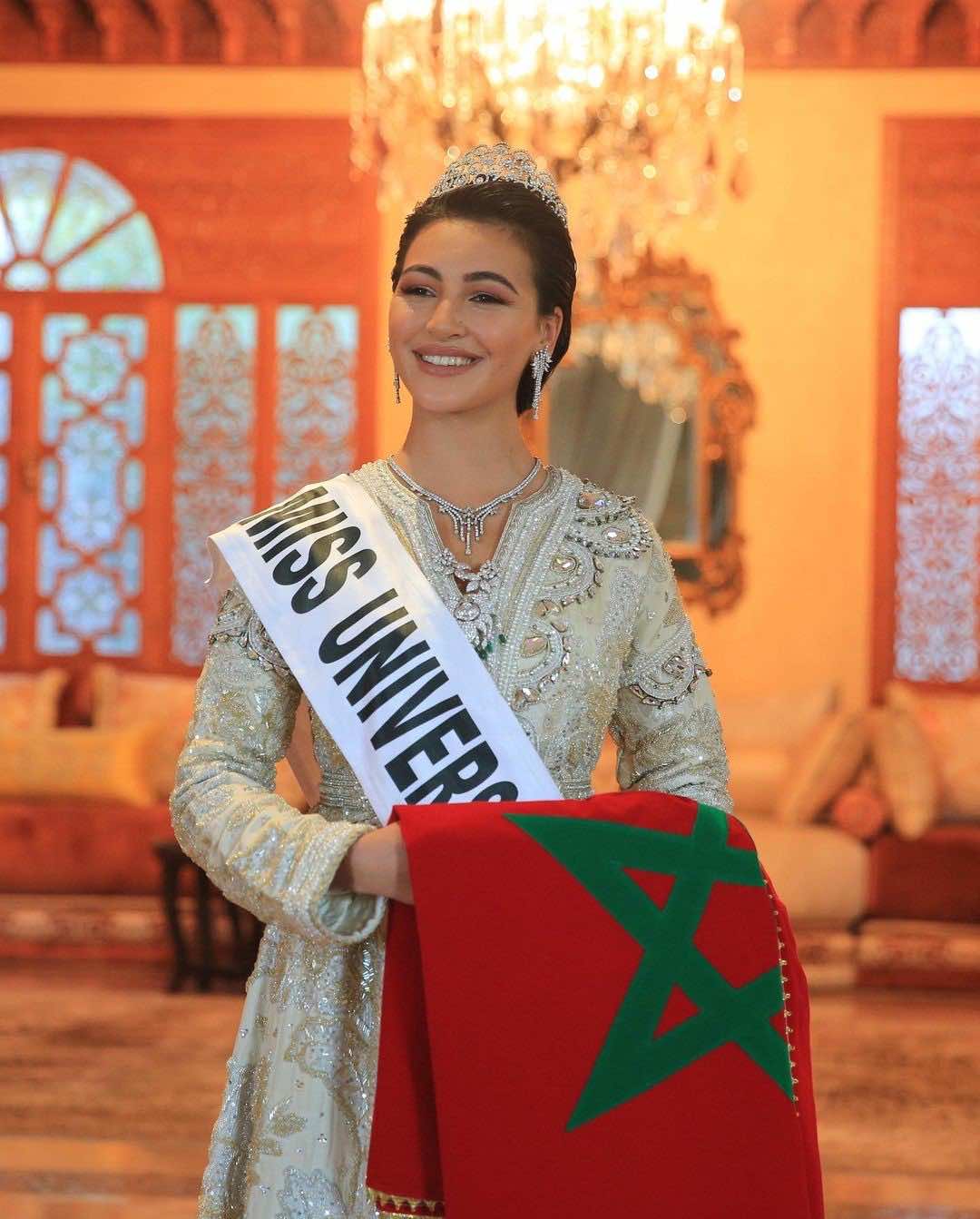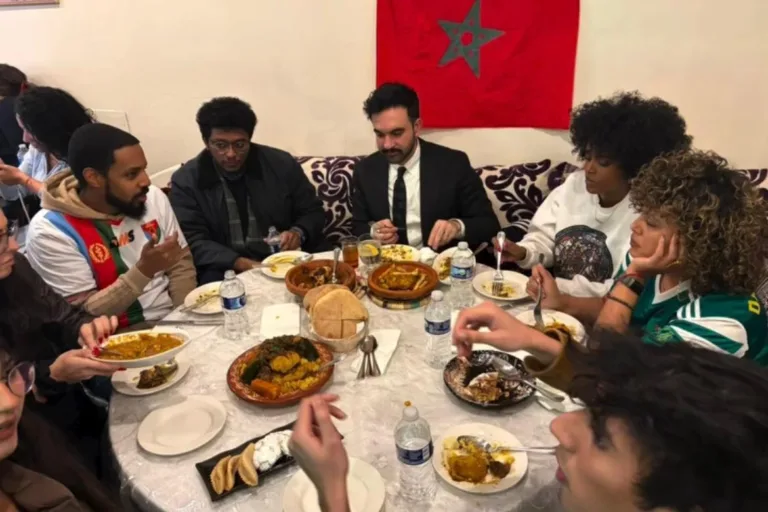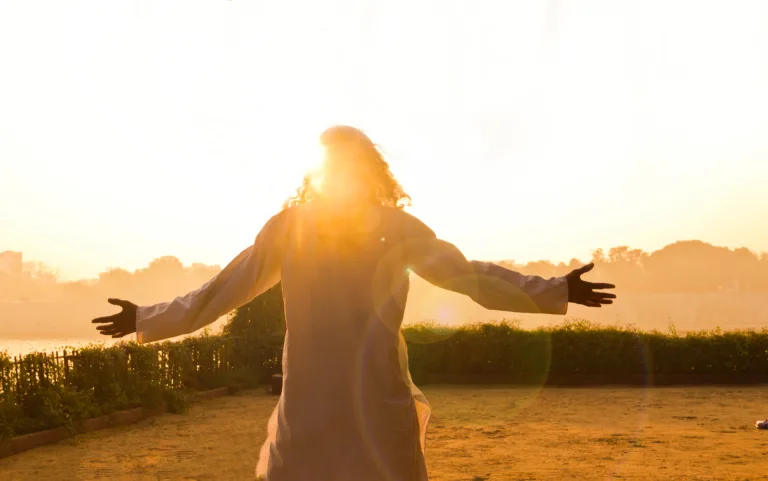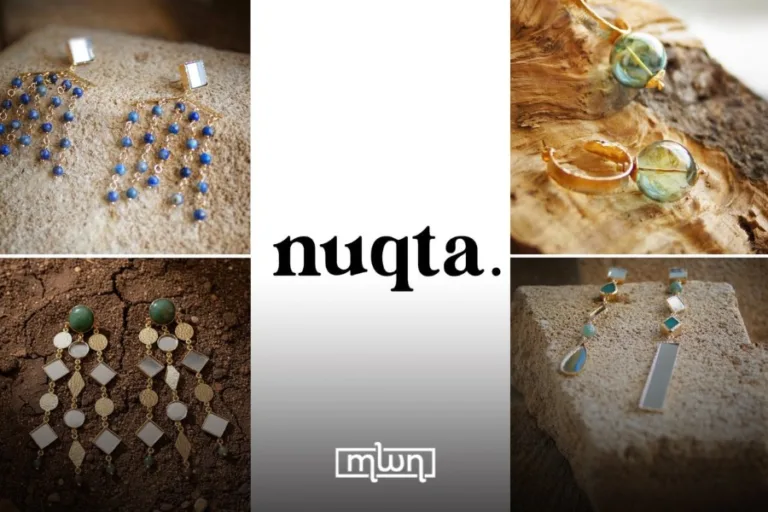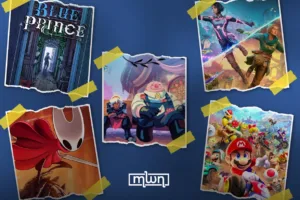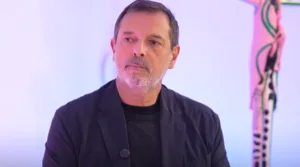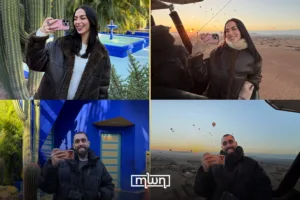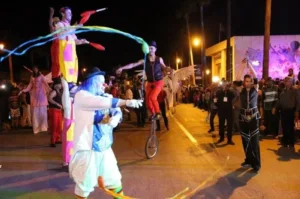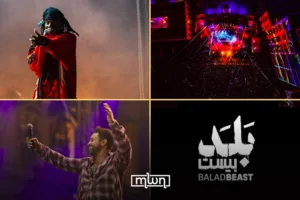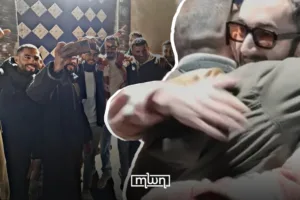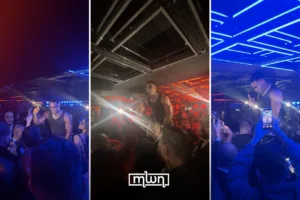Rabat- Kawtar Benhalima is set to represent Morocco at the Miss Universe 2021 pageant in Eilat, Israel, on December 12, 2021. Because of her Algerian origins, however, Benhalima is currently the target of attacks from Moroccan internet users.
The digital mobbing of the 22-year-old beauty queen began after she published a video in which she told the story of her Algerian grandmother, who found refuge in Morocco after she fled Algeria during the heyday of the Algerian independence war against France.
Once in Morocco, Benhalima’s grandmother established herself in Marrakech, where she learned how to sew, opened her own small sewing business, and “passed on her sewing skills to some Moroccan women.”
In the video, Kawtar Benhalima was speaking in response to one of the questions participants in the Miss Universe Morocco contest were asked while competing in Casablanca on November 7: “Who is the woman who inspired you the most and why?”
In her response, Benhalima dwelt on her grandmother’s story as an inspiring tale of female emancipation through financial security.
Not only did her grandmother’s dedication to and mastery of her sewing skills shielded her against the travails of financial insecurity and related issues, Benhalima recounted, but it allowed her to be an inspiration to the many other women she took under her wings.
The video almost instantly went viral online, as such things tend to nowadays.
Read also: Plural Morocco: Citizenship, Multiculturalism, and the Democratic Challenge
But for all her passionate invocation of “fascinating” and industrious Moroccan women, and regardless of her own self-presentation as a proud young woman who relishes the opportunity to represent her country – Morocco – on the world stage, many on social media pointed to the Algerian origins of the grandmother to suggest that Benhalima is not Moroccan enough.
The viral video hence poisoned the already heated debates surrounding historically hostile Morocco-Algeria relations, with some of the most vociferous critics suggesting that it is a shame that an Algerian should represent Morocco in a beauty contest.
Benhalima, who had ranked second in the Miss Morocco Universe competition, was later crowned to represent Morocco after the elected miss, Fatima Zahra Khayat, withdrew herself for health reasons.
“I regret to inform you that unfortunately, I could not stay in the Miss Universe competition following a fall that caused an awful ankle sprain,” Khayat said in an Instagram post.
Thousands of tweets and posts with the hashtag “Kawtar is not Moroccan” flooded Moroccan social media platforms as the 22-year-old beauty queen was announced as Morocco’s candidate for the Miss Universe contest.
And, as is unfortunately often the case with such cases of digital mobbing, Kawtar Benhalima saw herself become a meme, with all the extremely aggressive comments and attacks that this depersonalizing, toxic digital ritual entails.
Defending Morocco
On November 12, Benhalima appeared on the news segment of Moroccan television channel 2M to reveal how she first reacted to the news of her being Morocco’s candidate for the global beauty contest.
She spoke of joy and humbling pride, suggesting she is up to the challenge and will do her best to proudly represent her country. “I was surprised when I was called. I didn’t quite understand what was going on. I’m sure I will validly defend Morocco,” she said.
Responding to journalist Ouadih Dada’s questions, Benhalima did not mention her Algerian origins. She instead highlighted that she is a graduate of business administration, and that she is originally from Marrakech.
She stressed that despite the circumstances in which the Miss Universe Morocco crown was bestowed on her, she will make sure to be at her best to defend Morocco on December 12 in Israel, to heartily represent Moroccan beauty and values.
Kawtar Benhalima is fluent in Arabic, Chinese, English, French and Spanish. She loves arts, music and sports. She is a talented vocalist and she plays the piano.
Aside from singing, the beauty queen also enjoys dancing, acting, writing, public speaking, photography and soccer. She earned her bachelor’s degree in business administration and management from the Advanced School of Economic and Commercial Sciences (ESSEC) in France.
In addition, she has been a volunteer for “Ladies Circle” as a meal distributor and has also volunteered for the Reading Buddies Program as the head of program and a student reader.
Beyond Algerian-Moroccan tensions
From a strictly political perspective, it is somewhat understandable that having grown exasperated by the relentless Morocco-bashing campaign of the Algerian regime, some hotly patriotic Moroccans could not “accept” Benhalima as the face of Moroccan beauty.
After all, while relations between Algeria and Morocco have always been fractious, recent weeks have been unprecedented in terms of the Algerian regime’s readiness to provoke, accuse, and even insult its western neighbor.
The UN and several other countries have expressed concern regarding the dangerously deteriorating situation between the two neighbors, calling on both countries to engage in dialogue to resolve the diplomatic tensions. Morocco has said it is open to dialogue and reconciliation, while Algeria has rejected all mediation initiatives.
But what does a Moroccan beauty queen who self-identifies with “Moroccan values” have to do with this historic long-standing geostrategic hostility between the two Maghrebi neighbors? More pertinently, as Moroccan journalist Zineb Ibnouzahir has pointed out, is it not strange for Moroccan social media users to celebrate the Moroccanness of Spain’s newly crowned Miss Universe while crying foul at the mixed ancestry of Morocco’s representative?

More still, the “controversial” video that many Moroccan netizens used as a pretext to question the Moroccanness of the Marrakech-born and raised Benhalima actually carried the kind of message that most Moroccans pride themselves on: A genuine desire for unity between the Moroccan and Algerian peoples.
Multiplicity and hybridity – what the Polish sociologist Zygmunt Bauman calls “liquid identity” – has long been a marker of Moroccanness. And as Moroccan sociologist and writer Abdelkebir Khatibi suggested in his 1983 book “Plural Maghreb,” Moroccanness is essentially associated with a certain notion of multiplicity and diversity.
This idea is even more pertinent today in the context of Morocco’s ongoing democratic experience. Most Moroccans are eager – and rightly so – to fume at the toxic nativism of Europeans and Americans who discriminate against their countries’ Muslim citizens and other minorities because of their origins, skin color, or faith.
In Morocco, many despise France’s Eric Zemmour and Spain’s far-right party, Vox, for espousing the very ideas about patriotism and citizenship that some recently summoned on social media to deny Benhalima the right to represent Morocco.

But if we as Moroccans are serious in our criticism of the mounting waves of Islamophobia and racism in Europe and North America, then we should make sure to put our own house in order by being equally critical of some self-appointed guardians of Moroccanness.
And, ultimately, just as many of us shrugged off and lambasted Eric Zemmour’s recent remark that the first name Mohammed should be banned in France because it is “not a French name,” so, too, should we make it clear that the idea that Kawtar Benhalima “is not Moroccan” is dangerously un-Moroccan.

